Enjoying games from a certain company is fine, but pay attention to who makes your game, and not just the studio.
Franchises are a fact of life when it comes to media (or any product, really). Books, movies, TV, video games, and even music all try to sell themselves on previous success and a manufactured brand. There’s nothing wrong with it; it’s an essential step to making your product recognizable at a glance, but it can and has led to some unfortunate results in the past when people forget to separate the brand from the product itself.
I feel like largely consumers have grown wiser to this over the years and what was once, with few exceptions, the realm of critics and media snobs (looking at media in the context of its specific creators’ previous works and style) has become more mainstream. There have always been standout creators; directors like Steven Spielberg were known by name often because they were so prolific it was hard to avoid identifying them. However, moviegoers, in general, have started to recognize a lot more names in the last decade or so as an advertisement of writers’ and directors’ contributions have become almost as commonplace as recognition of the actors’.
It seems like the further away you get from a single creator, clearly visible, the harder it is for most people to separate what matters — the difference between the product and the packaging.
For books, this is easy. One, maybe two authors, whose names are visible on the front cover and spine. Most people don’t even pay attention to who the publisher is, because they don’t matter in the grand scheme of things. Nobody is going to go looking for a catalog of books published by Bantam; they’re going to look for books by Margaret Weis and Tracy Hickman, Isaac Asimov, Laurell K. Hamilton, etc.
Music is a bit further out, but still close. A lot of musical creators are inextricably linked to their art, with what record label or music group they’re signed to being meaningless to you unless you’re getting your Youtube video taken down for using 7 seconds of a song by them. It’s not quite as close as books because there are quite a few songwriters and hitmakers that work behind the scene to sell the “brand” (a specific singer or star) as if they are the sole creator, but it’s close enough.
The film, as mentioned, is moving closer to those in recent years, with people looking past the publisher (whatever movie studio is releasing the movie), to the people that make the film what it is. The writers, directors, actors, and other crew. The “other crew” section is so huge and comprised of so many critical factors (from sound design to CG artistry to editing) that I’m not sure they’ll ever get the credit they deserve from the general public. However, things are getting better from the days when people just saw the studio and the actors as the primary driving factor behind seeing a movie, no longer going to see something just because of they like Disney or Warner Bros. or Universal Pictures.
So how does this relate to video games? Primarily because the gaming community (along with animation, for the most part, but we’re not talking about that today) is pretty much in the same phase film was 20 to 30 years ago. People recognize publishers first, studios second, directors third (if at all), and probably don’t even think about who wrote the plot of the game, composed the score, designed the levels, or any of the other critical factors that go into creating a game.
Recognizing studios over publishers was an excellent first step – I remember a time when I got called an idiot for telling somebody that Bethesda did not make Dishonored- but people seem to be kind of stuck on that. Studios are just collections of people.
A studio in itself is meaningless without the people who work there, and who work on specific projects. Some creators manage to transcend just being a face in the crowd, but they are few and far between. I imagine if I asked most people to name five famous creators (in any role) in the gaming industry they’d all come up with about the same list if they could come up with a list at all. Hideo Kojima, Todd Howard, Shigeru Miyamoto, Tetsuya Nomura, and a “wild card” slot based on peoples’ genre of choice (fans of shooters would likely name Cliff Bleszinski, RTS games Sid Meier, action games Hideki Kamiya or Yoko Taro, and so on) with very little straying outside of those lines.
There are, obviously, a lot more very talented people in the industry than those, but these names are some of the most recognized, either because their contributions are so prolific, their personalities or quirks are so easily recognized, or a combination of the two.
In the majority of situations, this is a bit of a shame, but not a huge deal. Not everyone is going to be that into what is essentially video game based trivia. It hearkens back to the days when Steven Spielberg was the only film director anybody knew by name, which makes sense given that’s mostly the stage of development the gaming industry is in right now.
The issue comes up when not knowing their favorite creators’ names runs up against the fact that people often do know their favorite studios’ names.
People buy into the following studios. It’s understandable in a way. Some so many people make a given game good, the only way you could know all of them is by remembering the studio’s name, right? But as I said before, studios are just collections of people. And people have lives. Sometimes those lives take them in directions different from other people.
People come and go from the studios all the time. Sometimes of their own choice, but just as often not (mass layoffs are a depressingly common occurrence in the games industry). And when enough of those people leave, so does the reality of that studio die. Sure the name might be the same, but it’s lost everyone that made it what it is.
The issue with not paying attention to who makes your games but paying attention to what makes your games is where the problem with brand loyalty comes in. Let’s take a historical example: Rare.
Rare made a lot of great games back in the day. They basically defined the N64’s library, having a huge hand in shaping the most popular games and franchises of an entire console generation, and even the one after it (I doubt games like Jak and Daxter or Ratchet and Clank would have existed without the massive success of Rare’s action platformer offerings spawning a lot of imitators). Rare itself was made of a multitude of different teams, most of whom didn’t wholly overlap.
And most of that talent slowly bled off and went their separate ways, forming different companies over the years. By the time Microsoft bought Rare, none of the people that had shaped the company were around anymore, but people kept, and keep clamoring for them to make games in their old style.
But the truth of the matter is that even were the people at Rare today inclined to do so…they are not the same people who made those games, Those people all went off to form companies like Free Radical and Playtonic.
The people who want (or worse, expect) Rare to make some “comeback” are barking up the wrong tree. There is no “comeback” to be had because anything the new Rare decides to do with any of their old properties is inherently going to be different.
This kind of attitude persists to today as well. People are wondering where Fallout 76 went wrong, for example. It’s still Bethesda Game Studios, after all. Let’s say you’re a huge Bethesda fan. You liked Fallout 4, so it stands to reason you’d like Fallout 76, right? You are loyal to Bethesda; they very rarely make a game you don’t like, so you trust Bethesda to make this game.
But a quick look at the credits shows where “Bethesda” could go wrong. While the studio is the same, people are different. The Lead Programmer, Lead Gameplay Programmer, and Lead Level Designer, for example, are entirely different people between the two games. Some of the names are the same, but while all work for Bethesda, they are not precisely the same Bethesda that made Fallout 4 or even Fallout 3 for that matter, and a lot of the very key people behind making the game work and tailoring the experience for players are completely different.
I could go on and on with examples like this, most targets of severe outrage in the past, but I don’t need to; if you’ve played games long enough, you probably filled in at least three or four blanks yourself, of companies or franchises that ‘betrayed’ their players.
While I’ve mentioned the staffs being different leading, in some cases, to subpar products, that’s not to say these people aren’t talented, or that you should never trust a company to put out a good game if the teams are different. However, neither should you blindly accept that sequels or especially new IPs from the same studio are going to be good just because previous works are good.
This is particularly true for larger studios or publishers’ in house development teams, which can have wildly different staff working on entries in the same franchise. Different people are going to have a different vision, different kinds of expertise, or even be told to do different things by the same leadership between projects and not be able to express that direction in the way they’re expected to.
Thinking in terms of “I like this brand” or “I trust this brand” is a mistake and becomes a bigger one the larger the company you are loyal to gets, and the longer the length of time between the previous game you liked is.
This is something I’m guilty of myself, mind, though trying to get better about. The hype train is hard to get off of once you’re on it, and it doesn’t help that it’s often difficult or impossible to find credits for games that haven’t been released yet (which makes pre-ordering games even more of a gamble), but it’s something you can keep in mind in the future.
Every new game is an opportunity to exceed all expectations or fall short of them, and it’s often completely independent of any other game in the same franchise or from the same studio. Being aware of that is essential.

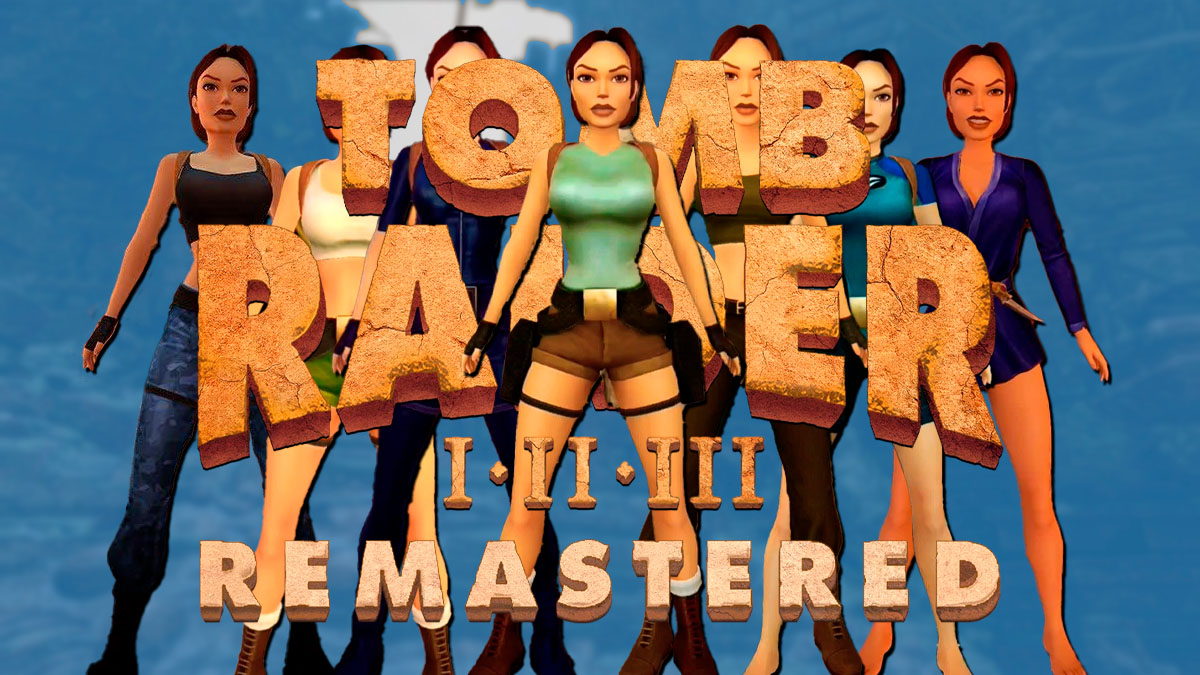
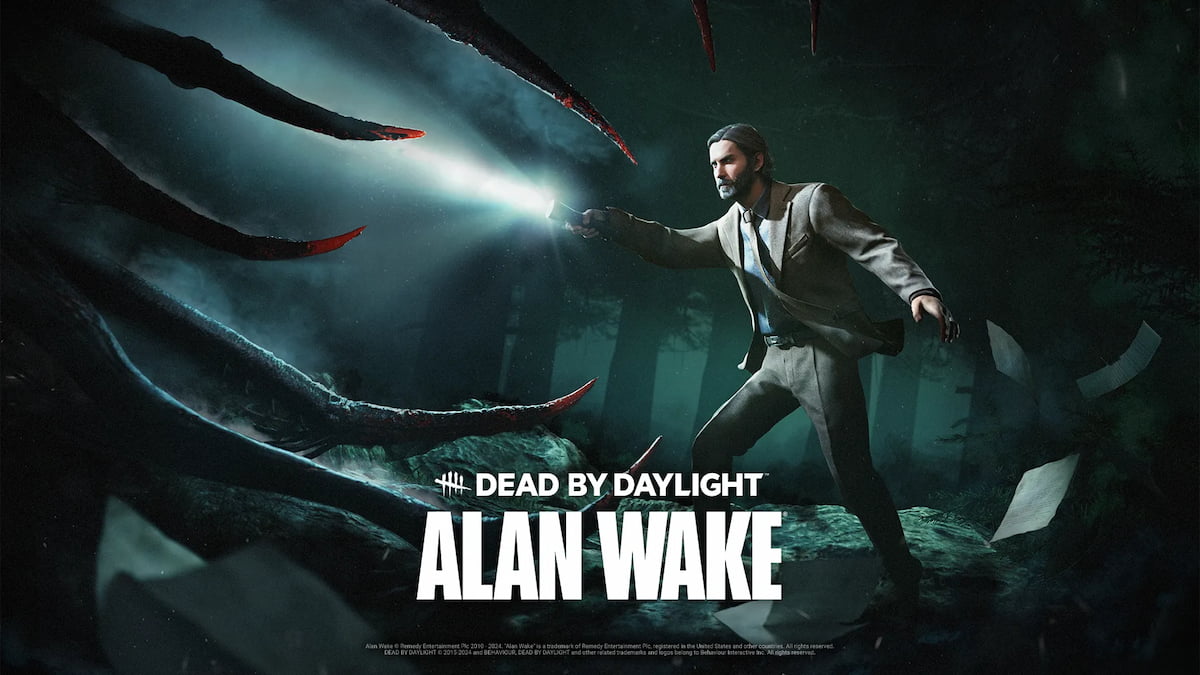
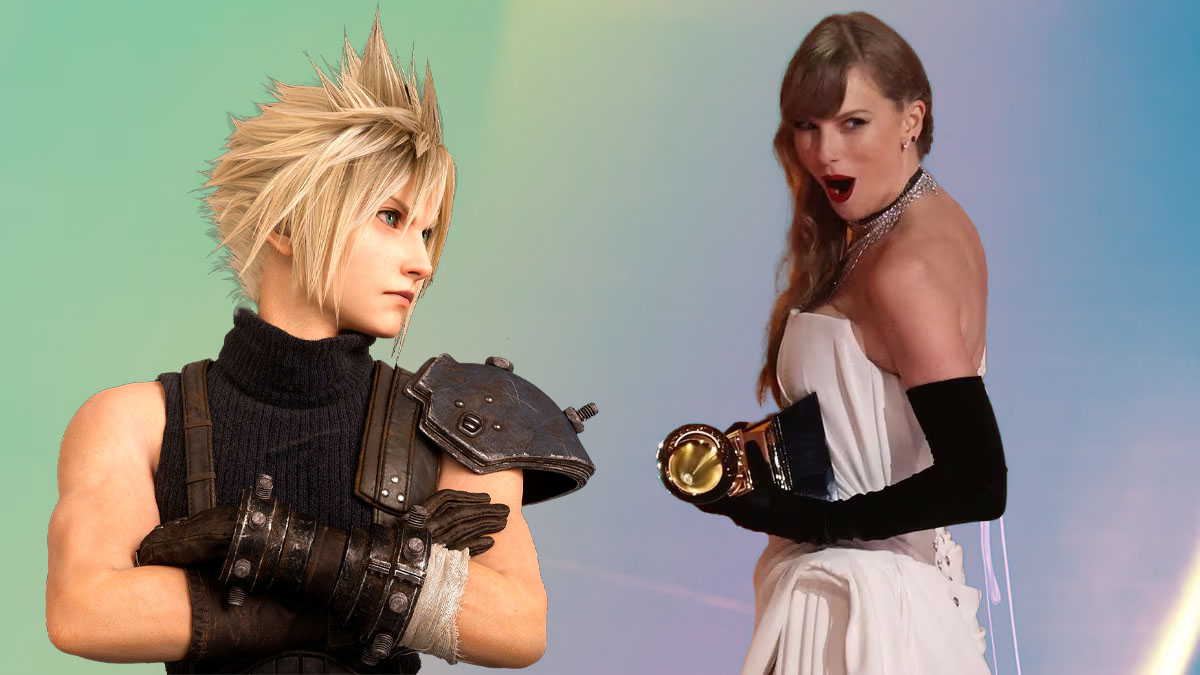

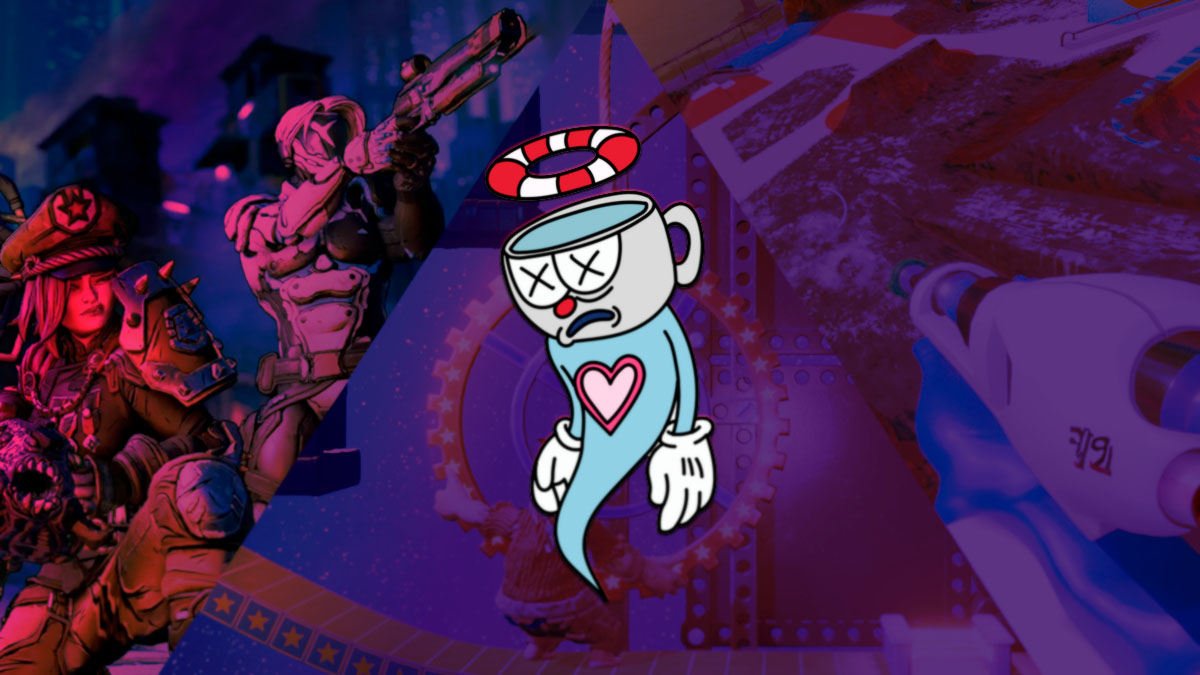
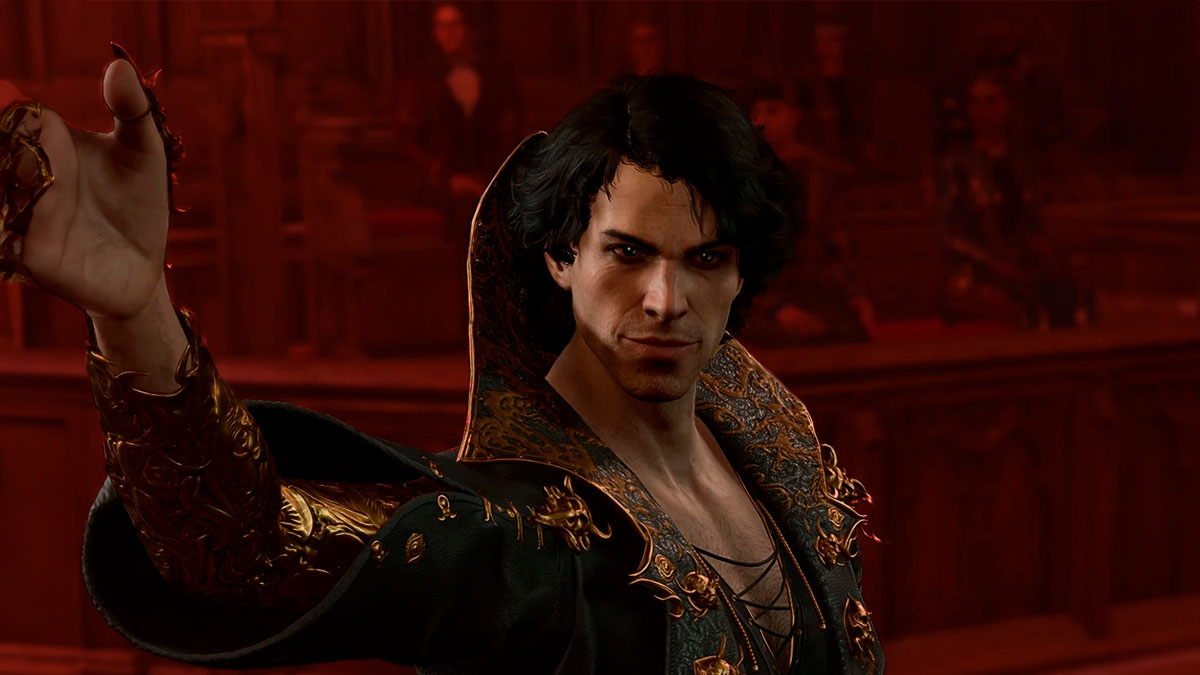
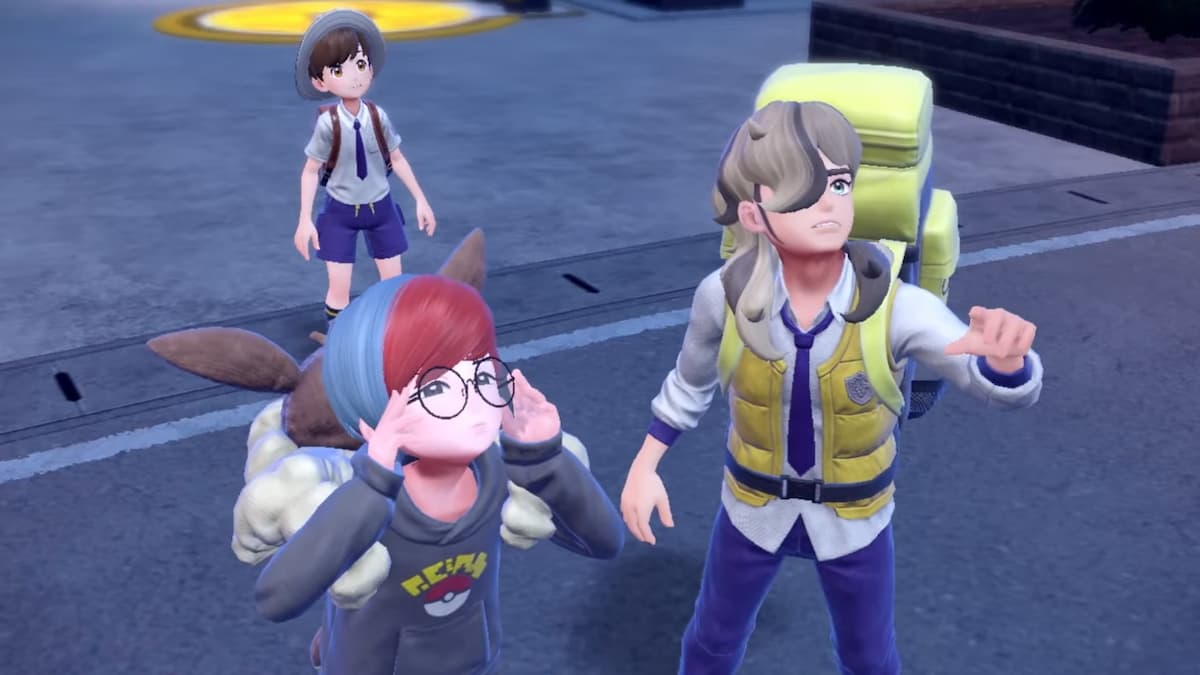
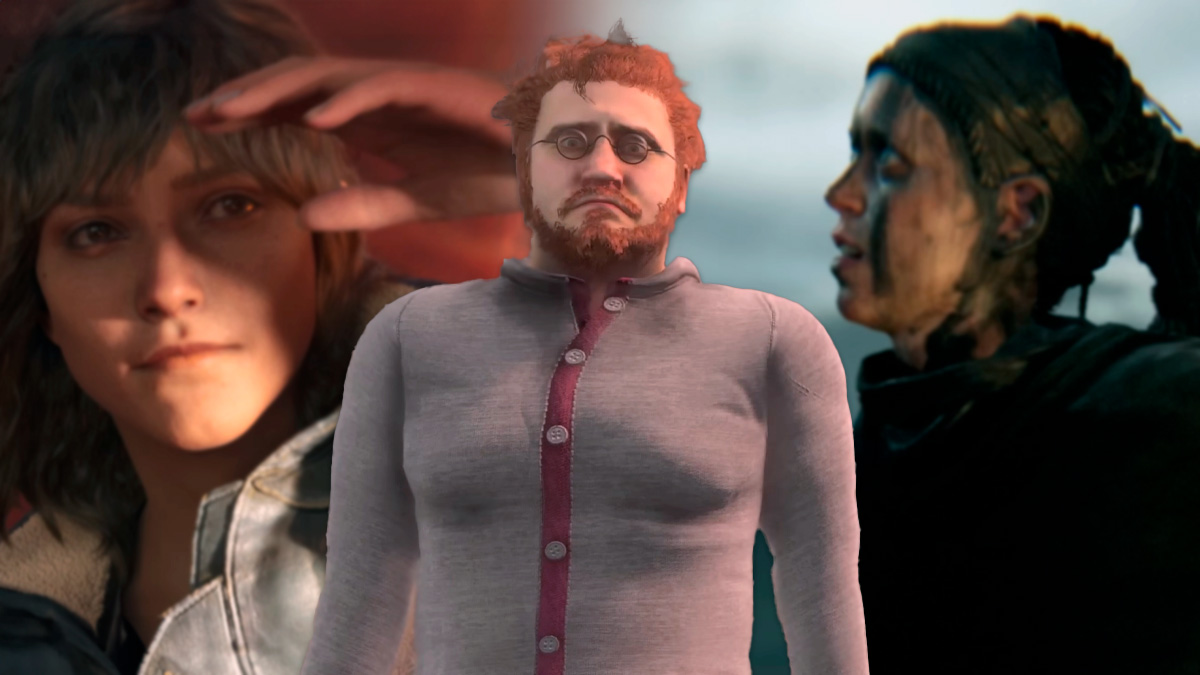
Published: Jul 29, 2019 12:03 pm